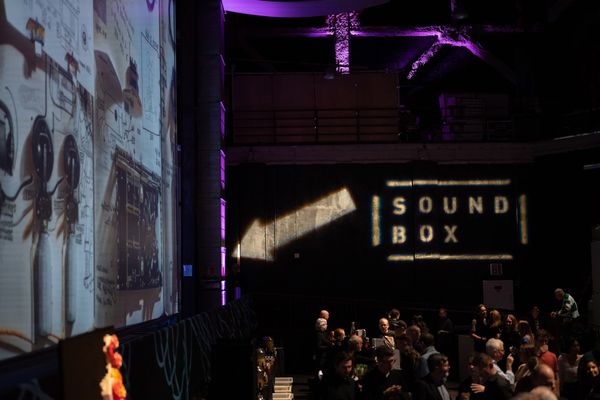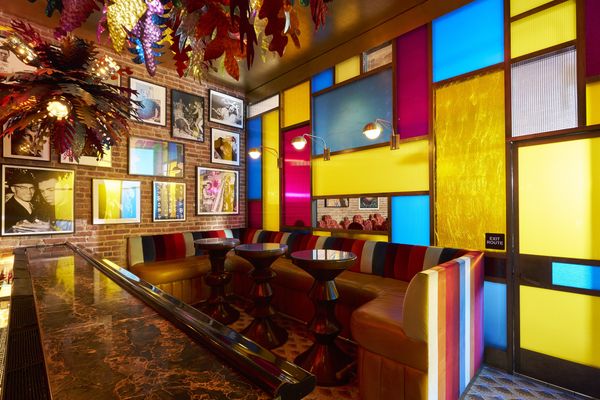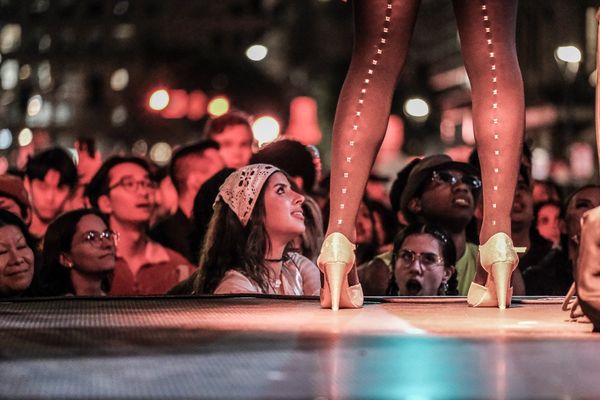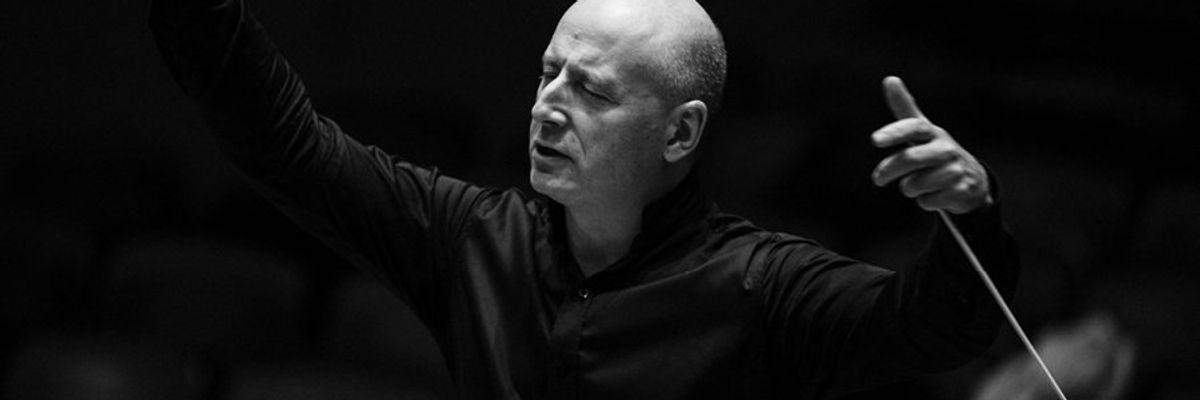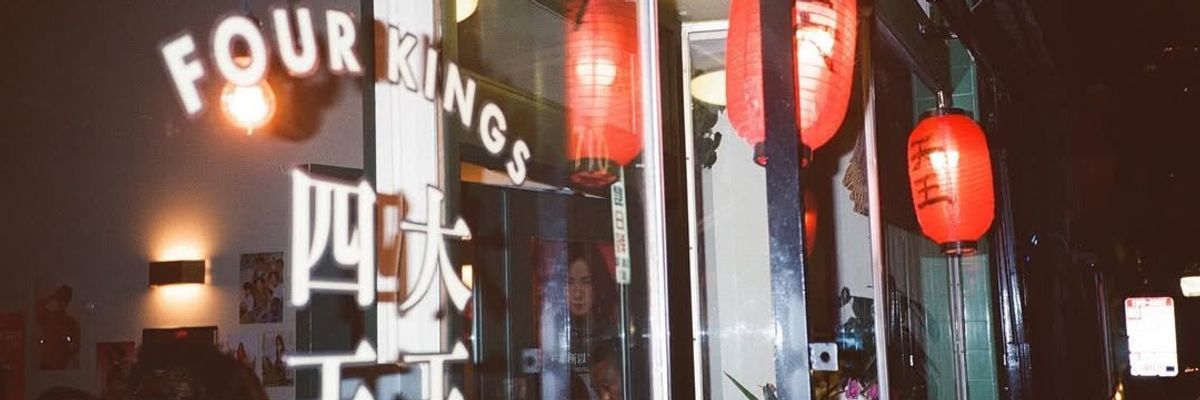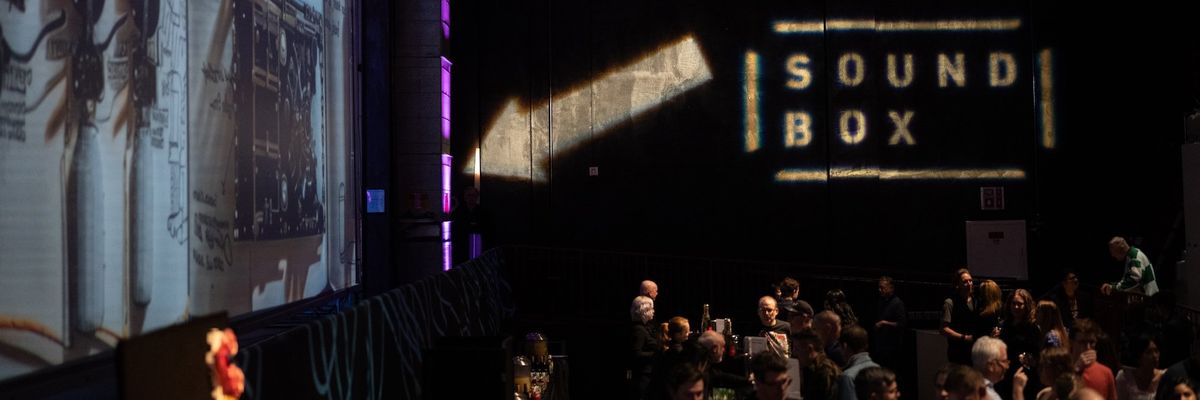After nearly a year’s hold from the Department of Justice, the path has been cleared for a Ticketmaster/Live Nation merger, ultimately forming Live Nation Entertainment. New operations may begin as early as Wednesday, meaning immediate “consequences” for consumers, venues, and artists. There are widely varying opinions on the long-term effects of this live entertainment monopoly and many artists aren’t coming out publicly because of label constraints. One thing’s for sure—it’s no surprise that Ticketmaster CEO Irving Azoff sees this change as a “big win for fans.” But what exactly will we win? So-called lower ticket prices and "convenience fees," among other loosely defined "benefits." Where is the leveled playing field for competitors such as AEG and Comcast-Spectator, not to mention the small ticket retailers like TicketNetwork in this kind of a situation? But rather than beat you over the head with our staunch opposition, we thought we’d bring you some of the noise already brewing among the industry and its impassioned audience.
For
“The merger creates a more diversified company with a great selling platform for artists and a stronger financial profile that will drive improved shareholder value over the long term." —Irving Azoff
"My hope and belief is that there is going to be an expanded opportunity for touring artists to [experiment with] a variety of different products." —Jim Guerinot, manager of Nine Inch Nails and No Doubt
Not to mention the letters of support pouring in from top name artists like Billy Corgan, Shakira, Journey and Eddie Van Halen (all managed by, ahem, Irving Azoff).
Against
“The one thing that would make the current ticket situation even worse for the fan than it is now would be Ticketmaster and Live Nation coming up with a single system, thereby returning us to a near monopoly situation in music ticketing.” —Bruce Springsteen
"While today's decision is not the strongest in terms of protecting consumers, competition and choice in the industry, it is all the more reason why consumers should continue to stand up and voice their concerns with this live entertainment monopoly." —Gary Adler of the National Association of Ticket Brokers



